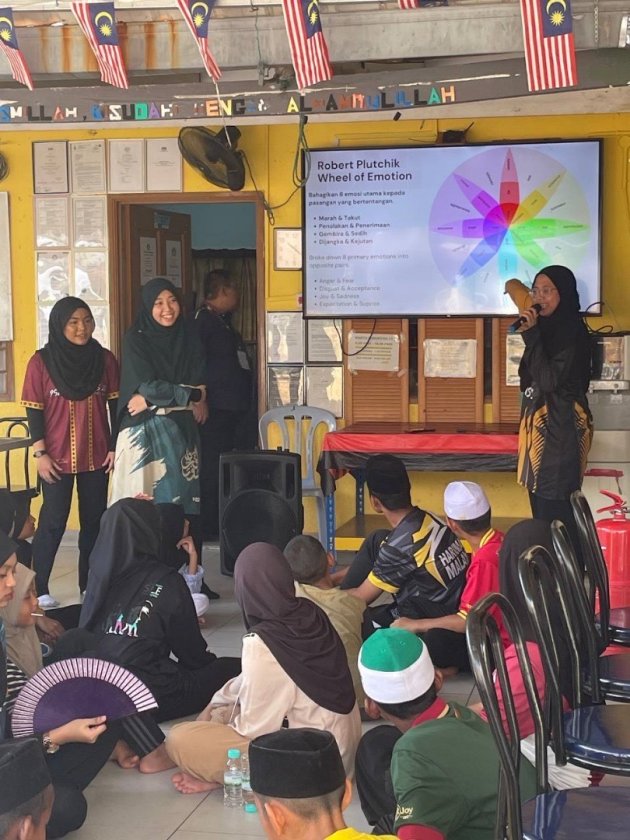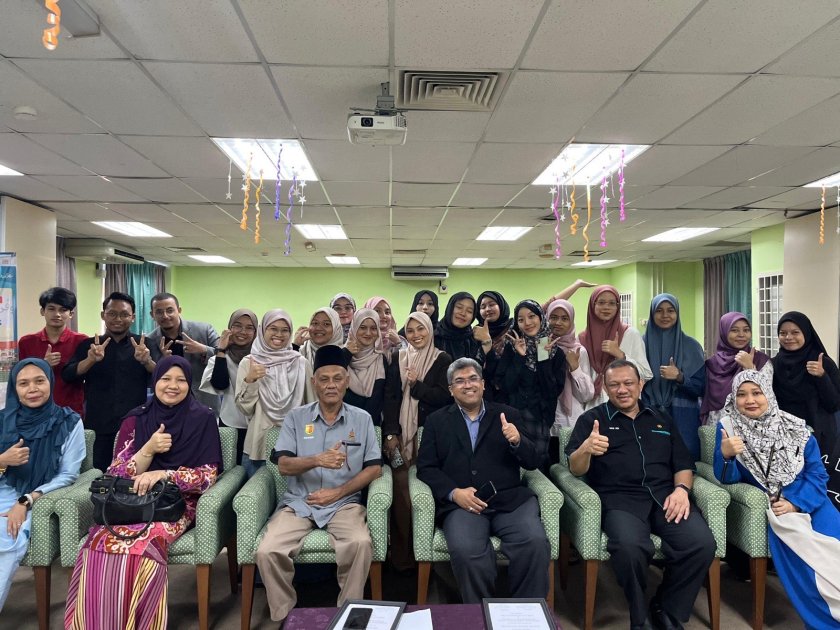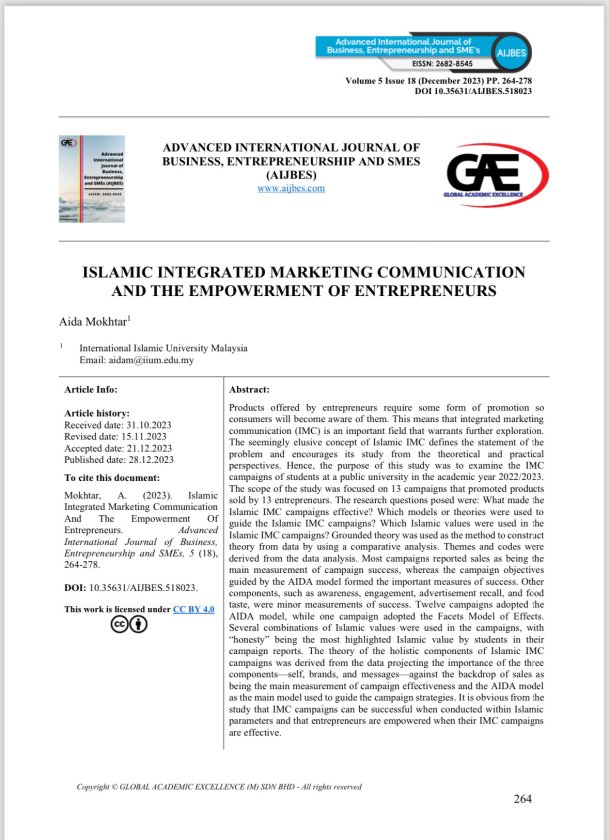A university serves as a hub of knowledge, where academics and students collaborate as essential knowledge workers for society.
Entrusted with the noble responsibility of generating, sharing, and applying knowledge, the academic community plays a pivotal role in ensuring that the knowledge they cultivate benefits the communities they serve.
Academics, in particular, carry the profound duty of developing individuals and society through three key functions: intellectual, educational, and social. The intellectual function involves conducting research to produce, preserve, organize, and transmit knowledge. This continuous cycle of intellectual inquiry and discovery deepens and broadens human understanding.
The social function requires academics to make knowledge accessible and relevant to society, training the workforce, producing informed citizens, and ensuring that knowledge addresses societal needs and development. In fulfilling the educational function, academics equip individuals and society with essential skills and values that shape their roles and contributions within the community.
At the AbdulHamid AbuSulayman Kulliyyah of Islamic Revealed Knowledge and Human Sciences (AHAS KIRKHS) of the International Islamic University Malaysia (IIUM), these three functions are embodied in a culture of integrated academic excellence. This commitment is evident in the outstanding contributions of instructors actively involved in Synergised Academic Activities (SAA).

One example includes Communication undergraduates conducting an exhibition on empowering local entrepreneurs in Gombak by applying knowledge of Integrated Marketing Communication. The report of these activities is published in a journal article, ensuring that beneficial knowledge is shared with the wider academic and professional community.


SAA projects are aligned with the needs and priorities of targeted communities, ensuring that learning extends beyond lecture halls and finds real-world applications. These collaborations are essential in developing a skilled, value-driven workforce and applying knowledge in ways that are both practical and transformative.
The values of empathy, compassion, integrity, adaptability, and innovation are nurtured through the SAA, fostering active participation from students, industries, professionals, and the public. Academics and students co-create knowledge with their communities, giving birth to new insights that benefit society.
Furthermore, SAA has the potential to create a ripple effect throughout society. The community-engaged activities empower both academics and students to become active participants in addressing community needs.
By integrating community engagement into academia, the traditional role of education evolves from a siloed institution into a dynamic, socially responsive entity. This not only enriches the academic experience but also ensures that educational outputs align with societal needs, leading to more equitable and sustainable solutions to global challenges.
Psychology students, for instance, apply their knowledge to teach children in the community about emotional well-being, an example of how education can directly address local needs.
AHAS KIRKHS remains committed to fostering an environment that empowers academics to advance their respective fields while adopting distinct approaches to sourcing, understanding, and applying knowledge meaningfully. This integrated model of academic excellence ensures that education not only contributes to intellectual growth but also fosters societal transformation.
In short, SAA is not merely about managing academic tasks but about yielding meaningful outcomes. It builds a foundation for creating a more interconnected and impactful academic environment that will inspire genuinely transformative initiatives.
- Dr. Shukran Abd Rahman is a Professor of Industrial and Organizational Psychology at AHAS KIRKHS, International Islamic University Malaysia. His research areas include career development, organizational behavior, academic culture, and employability of students in higher education.
- Dr. Aida Mokhtar is an Associate Professor in the Department of Communication at AHAS KIRKHS, IIUM. Her research interests include Islamic advertising, advertising regulations, integrated marketing communication, and social communication.
- Dr. Suriati Sidek is an Assistant Professor in the Department of Psychology at AHAS KIRKHS, IIUM. Her research focuses on health psychology, behavioral science, and community health.